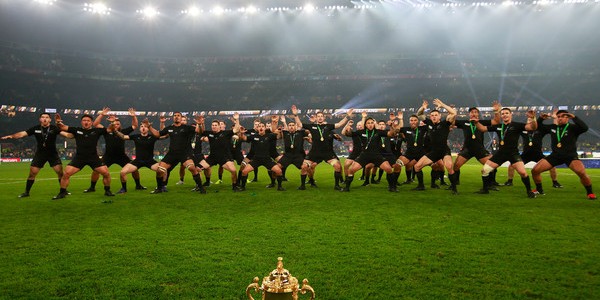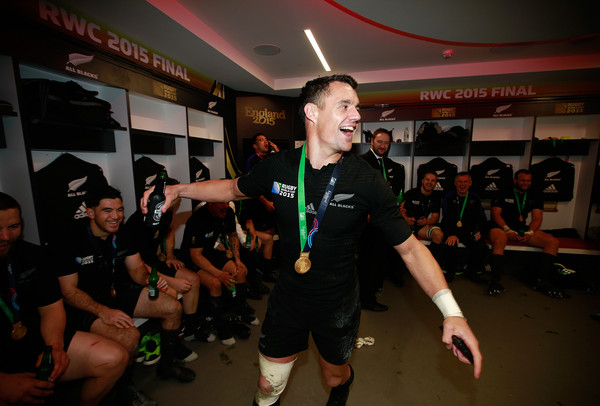The 2015 Rugby Union World Cup is over with New Zealand, the All Blacks, winning the title for a record three time, giving us a chance to glance over some of the numbers that signify this tournament more than anything else.
3
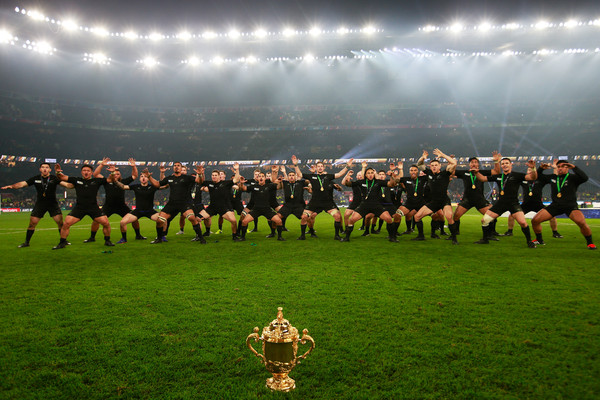
Probably the most important number at the conclusion of this fantastic tournament. New Zealand became the first team to win the World Cup three times, the first to do it back-to-back and finally managed to do it without hosting it. Their previous titles (1987, 2011) came when hosting the championship. Of the five other championships won (South Africa twice, Australia twice, England once), only the Springboks in 1995 won it on home soil.
0
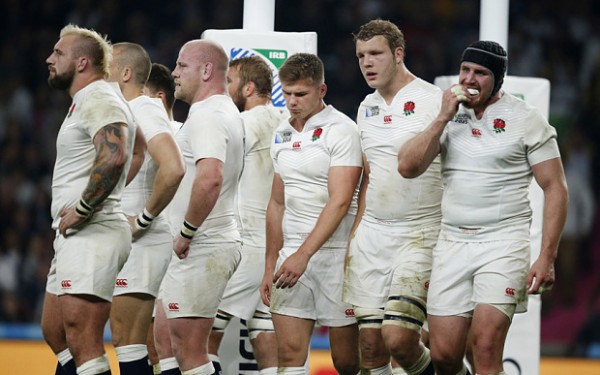
The number many, especially in the Northern Hemisphere will remember, and maybe use it as encouragement for years to come. No European nation made the semifinals, leaving the field for the All Blacks, Wallabies, Boks and Pumas to sort out. England didn’t even make it out of the group stage, which deserves its own little enquiry, while Ireland and France got thrashed in the quarterfinals. Wales managed to make their usual mistakes against South Africa, while Scotland were simply screwed by the official in their dramatic loss to the Aussies.
The big zero also refers to the teams losing all four of their matches in the group stage: Namibia, Canada, United States and Uruguay. The All Blacks, the eventual champions, didn’t lose a single match and although they didn’t look at top form during the group stage, struggling against Argentina and even Georgia, their only really difficult match came in the semifinal in the win over South Africa. Australia managed to come back against them in the final only when they had 14 men on the field.
2,477,805
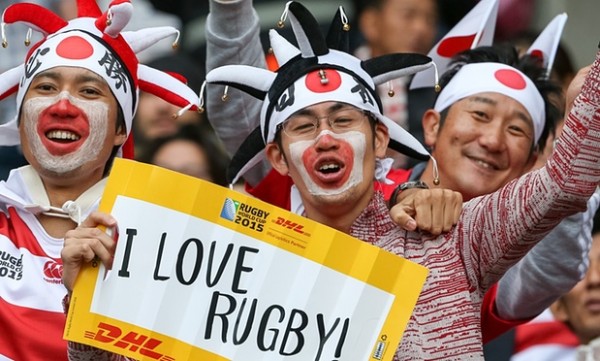
In 48 matches we had an average of 51,621 per match. Not just Twickenham of the Millennium Stadium. Using football stadiums for the tournament was a huge success, setting a new record in attendance in the kind of events that should help propel the popularity of the sport around the world, with nations like Japan showing that with investment and the right kind of progress, it’s possible to start nibbling at the feet of the traditional powers, or at least those of South Africa.
271
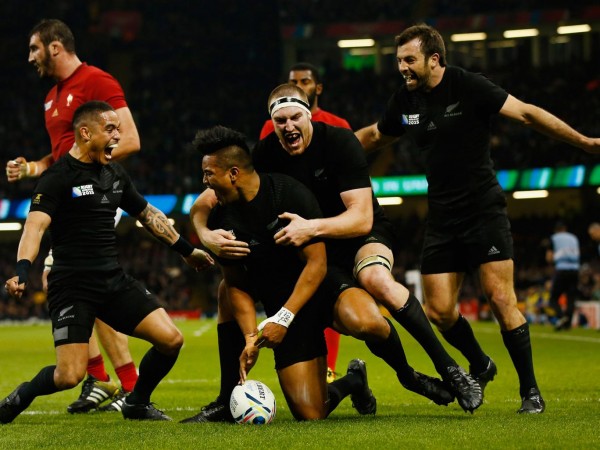
That’s the total number of tries scored in the tournament, 5.65 per match. Julian Savea of the All Blacks scored 8 of them, with three, one of the 8 hat tricks in the tournament (and one of just two in the knockout stage), in the obliteration of France during the quarterfinals. The runner-up? Another All-Black winger, Nehe Milner-Skudder, finishing with six. Four more players scored five tries in the tournament.
82
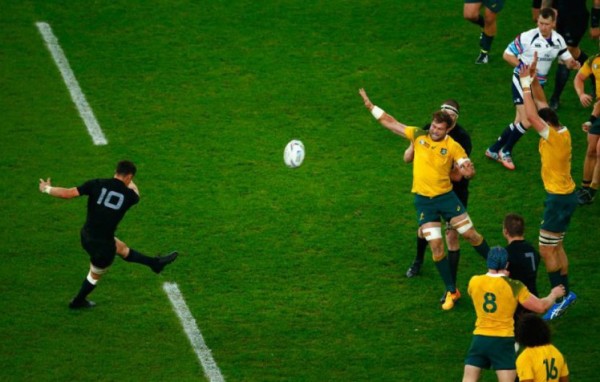
We chose this number because of Dan Carter. He didn’t lead the tournament in points (Nicolas Sanchez of Argentina did with 97), with Carter tied for third place. But the fly half, probably the best player in history at his position, who has probably played in his final World Cup, deserves the special recognition because of how he’s supposedly ending his international career. He was part of the squad that fell apart in 2007. He missed the big matches of 2011 due to an injury. He seemed out of the picture but came back for the World Cup. And his two drop goals, both in the win against South Africa and Australia, were the most important points scored in the knockout stages by the All Blacks. Big on difficulty level, huge on momentum changing. Along with Richie McCaw, Keven Mealamu, Conrad Smith and Ma’a Nonu, he signals the end of the possibly the most dominant phase in All Blacks rugby (in the professional era), clearing the way for a new generation to keep this golden streak going.
